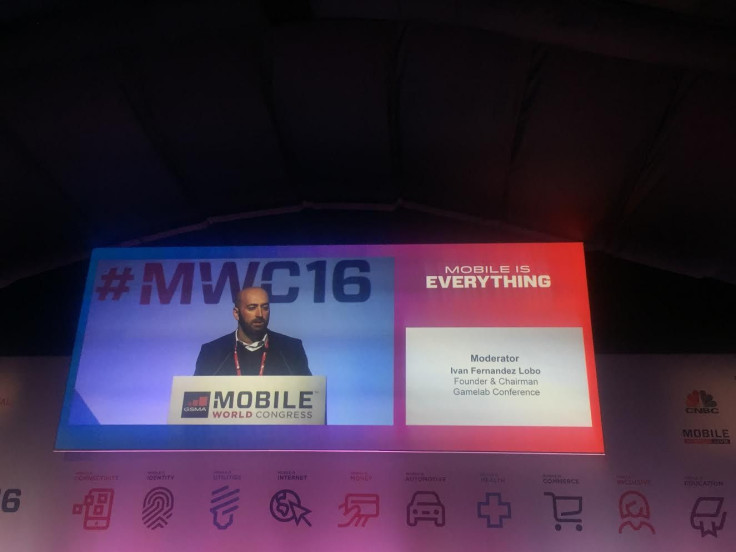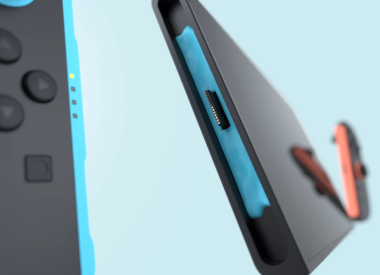No longer is the typical gamer the stereotype of the lonely teen in his room drinking Mountain Dew and playing Halo or Call of Duty. A gamer today is almost anyone with a smartphone. It’s your mom playing Words with Friends, or a 7-year-old playing Clash of Clans.
Mobile gaming creates gamers, but what comes next for the millions of players around the world? Or for the companies that depend on them?
At Mobile World Congress in Barcelona, a handful of industry experts gave their insights at a mobile gaming forum about how mobile, video and gaming will continue to come together.
"No longer are all things fragmented," said Sean Lee, who is chief strategy officer at Wargaming (The company behind World of Tanks). The market for who is a “gamer” is broadening, he said.
“Ten years ago, when you think of it was a bunch of geeks in their rooms, a very narrow group of people,” Lee said at MWC 2016. “What you’re seeing now is an explosion of that gamer demographic outside that core group of geeks.”
One of the reasons behind that growth is mobile gaming, but the added value of Twitch and other streaming services will bring new people into the gaming realm, said Peter Warman, who is CEO and co-founder of Newzoo (a gaming analytics company).
“40 percent of frequent viewers of game titles don’t play that game,” Warman said at MWC. “They are viewing because of the excitement and the moment.”
Koh Him, head of business at Mobcrush (a mobile gaming streaming service), said League of Legends is an example of that statistic.
“Already more than half for the people that are viewing (League of Legends), they are not even playing any more,” Him said.
Him said the transition to streaming services for viewing and mobile gaming for playing is a potential huge revenue generator game developers. They can connect directly with their users because they no longer have to go to retail outlets to play.
“The industry is evolving at such a rapid pace,” Lee said. “That multi-touch point that we have today in the forms of the devices, channels, platforms and communities that form around our experiences allows us to be aggressive in expansion.”
Bernhard Mogk, SVP of sales & business development for Electronic Sports League (ESL) said mobile gaming and streaming services are no longer a niche market, it’s mainstream.
“We saw… even the guys (and gals) watching our events and tournaments, they do not play the game anymore,” Mogk said at MWC. “This is their traditional TV experience.”
Stay with iDigitalTimes for continued coverage of mobile gaming and follow along with our live coverage from MWC in Barcelona

















